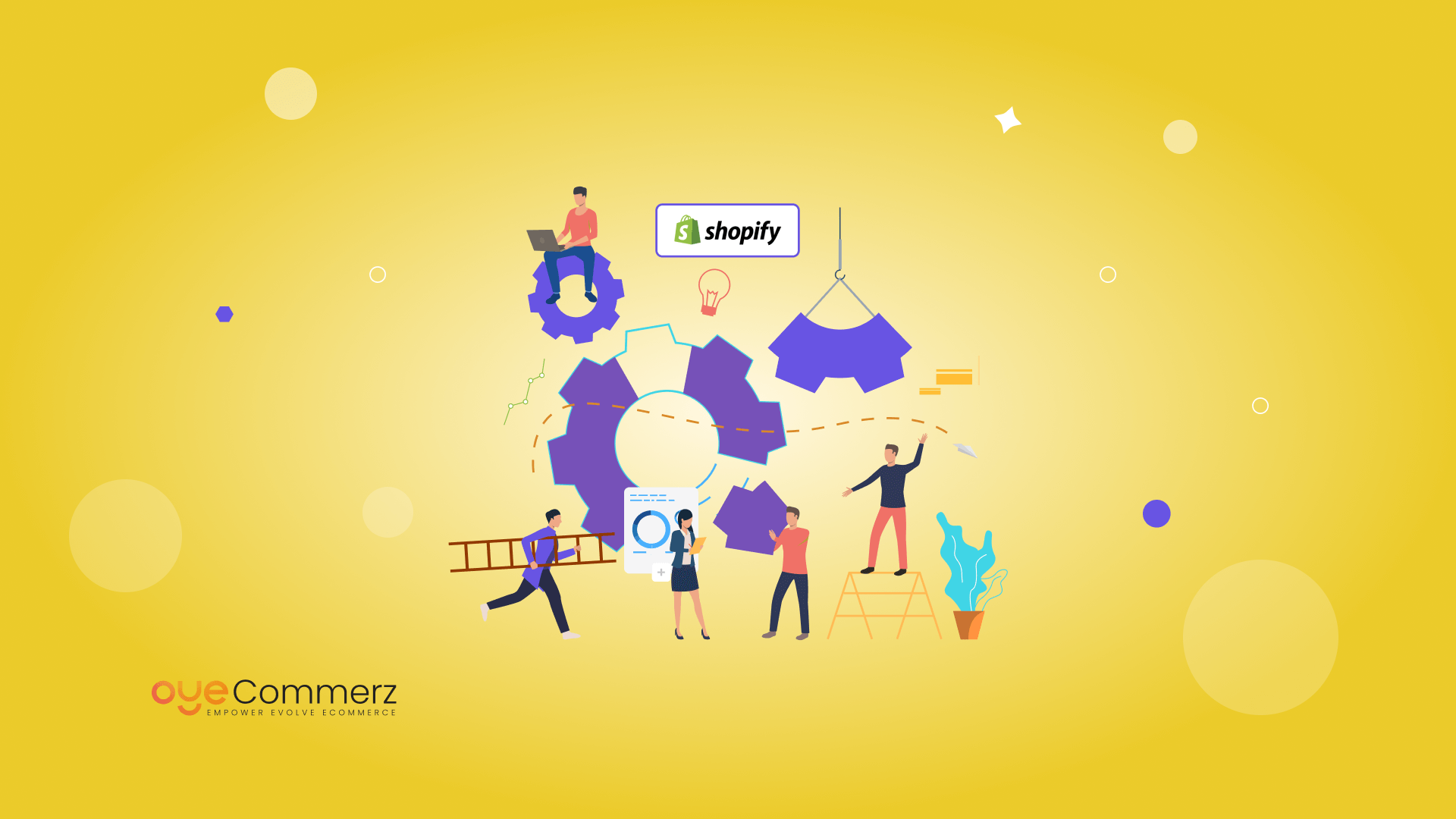Introduction
In the current competitive e-commerce environment, standing out is essential, and a top method to set apart a Shopify store is through tailored app creation. A well-built Shopify app can boost store functionality, streamline operations, and elevate customer engagement. This guide delves into key elements of Shopify app development, covering API integration and app ecosystem to scaling strategies and promotion methods, providing a roadmap for companies seeking superior store performance.
The Importance of Shopify API Integration
Shopify’s API offers robust tools to personalize and extend store capabilities. With the GraphQL and REST API options, developers can access data to build applications that handle inventory management, order processing, and customer information management smoothly. Using Shopify’s API can enable improved workflow automation and allows stores to serve customers more effectively.
Adopting the Polaris Design System
Shopify’s Polaris is Shopify's design system for designing user-friendly and easy-to-use Shopify apps. By adhering to Polaris guidelines, developers ensure that apps seamlessly integrate within the Shopify Admin experience. This provides a cohesive look and feel that resonates with Shopify merchants, encouraging ease of use and comfort for merchants using your custom app.
Understanding the Shopify App Ecosystem
The Shopify app ecosystem provides numerous opportunities for improving online stores. From handling order fulfillment to boosting customer interaction, apps in this environment are tailored to meet diverse business needs. Learning about this system helps developers in identifying unique app opportunities and enables smooth connections of external tools that enhance the store.
Developing Embedded Shopify Apps
Embedded apps work seamlessly within the Shopify Admin, providing a smooth interface for merchants. They ensure that merchants don’t have to leave their Shopify dashboard, streamlining their workflow. Using Shopify App Bridge and embedded app capabilities is recommended for offering a unified, integrated user experience.
Leveraging Node.js and React for Shopify Development
Node.js and React have emerged as ideal tools for Shopify app development. Node.js enables efficient server-side applications, while React enables dynamic, responsive front-end user interfaces. Combined, they provide an excellent platform for building fast, scalable Shopify apps that enhance store performance and customer interaction.
Webhooks in Shopify Apps
Webhooks allow real-time data synchronization between Shopify and an external app. They initiate events such as order creation or stock changes and provide immediate alerts to your app. By utilizing webhooks, apps can deliver real-time insights for store owners, streamlining workflows and boosting productivity.
Engaging Customers Through Digital Marketing for Shopify Apps
To make a Shopify app successful, connecting with users is crucial. Using digital marketing strategies like SEO, email marketing, and social media campaigns can drive app adoption. Additionally, creating applications with customer engagement in mind (e.g., loyalty programs or personalized recommendations) increases user loyalty and satisfaction.
Making Your Shopify App Scalable
As e-commerce stores expand, so do their technological needs. Making sure that your app can scale to handle increased traffic, larger databases, and more advanced functionalities is essential. By improving server capacity and using scalable solutions, you can develop apps that expand in tandem with a store’s success.
Important Features and Maintenance Tips for Shopify Apps
For an app to be effective, it should offer essential features like user login, dashboard analytics, and support channels. Regular app upkeep, with updates to fix bugs and compatibility checks with new Shopify features, is important to maintain continuous operation and avoid interruptions to business processes.
Conclusion
Custom Shopify app development holds vast potential for e-commerce businesses, providing the chance to enhance store functionality, simplify Shopify digital marketing operations, and build customer relationships. With API integrations and Node.js to focusing on scalability and customer interaction, creating a Shopify app requires careful planning and strategic execution. If you’re prepared to unlock Node.js for Shopify your store’s full potential, a custom Shopify app could be the perfect choice. What capabilities do you see for your dream application? Share your ideas and begin the journey to an enhanced e-commerce experience!

Comments on “Empower Your Online Store: Custom App Development for Shopify to Boost Performance”